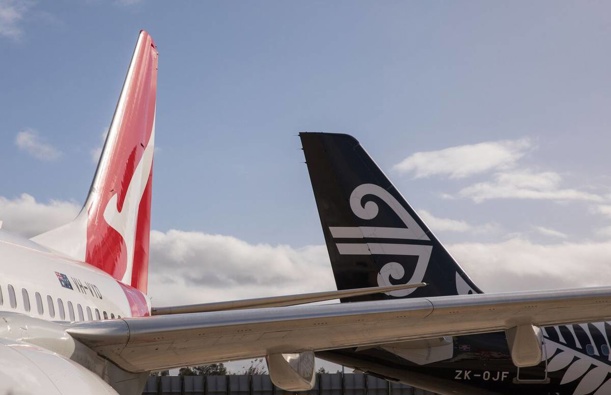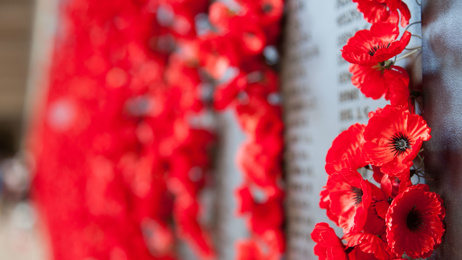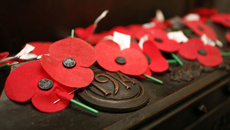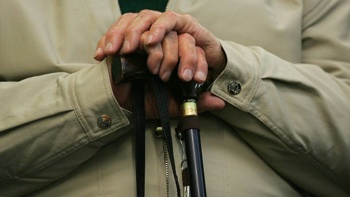A quarantine-free transtasman bubble before Christmas is off the cards and unlikely to be implemented before February at the earliest, the Herald understands.
That will disappoint tourism and hospitality operators hoping for an influx of Australian tourists to boost their businesses over the holiday period.
They will still see a boost from Kiwis taking a summer break, however, and the Government will soon release how it would handle a new Covid-19 outbreak complicated by people on holiday travelling around the country.
It comes as leading epidemiologists on both sides of the Tasman have questioned why we haven't got a transtasman bubble already, which would also free up about 40 per cent of places in managed isolation facilities.
"Tourist operators in Te Anau must be scratching their heads in bewilderment that they can welcome Aucklanders who were locked down by Covid eight weeks ago, but not people from Western Australia who haven't seen a case of the virus for seven months," Act leader David Seymour said.
But the issue is not the relative Covid-free status of Australia, but what happens if Covid suddenly pops up again.
One sticking point, which Prime Minister Jacinda Ardern has talked about in recent weeks, is the definition of a Covid hotspot which would trigger a regional travel ban in Australia.
It is currently 30 cases across three consecutive days, a threshold that Ardern has called too risky. It would mean Melbourne could suffer nine cases a day of a new outbreak and Melburnians could still fly to New Zealand without having to quarantine.
New Zealand could - and might - draw its own line in the sand for when we would reinstate quarantine for travellers from Australia.
"It means we have to do a bit more planning and be ready for the fact that we might have to shut [the border] again, or change the requirements," Ardern said.
/cloudfront-ap-southeast-2.images.arcpublishing.com/nzme/UF36SHWBL6WUJYCYC5WENFQOKI.jpg) Prime Minister Jacinda Ardern says one of the issues with a transtasman bubble is that Australia's risk tolerance for Covid cases is much higher than hers. Photo / Mark Mitchell
Prime Minister Jacinda Ardern says one of the issues with a transtasman bubble is that Australia's risk tolerance for Covid cases is much higher than hers. Photo / Mark MitchellShe wouldn't say how many cases across how many days is tolerable.
A transtasman bubble would also see more overseas arrivals from countries with more Covid than Australia, increasing the risk of the virus leaking from a managed isolation facility into the community.
That would require more MIQ staff - nurses, in particular - and the workforce shortage is as much of an obstacle to the bubble as reaching agreement on the Covid hotspot criteria, the Herald has been told.
Another issue is stranded travellers. What should happen if a Kiwi flew to a part of Australia that suddenly shut down because of an outbreak? Could they return to New Zealand into MIQ, and if so, would they have to pay MIQ costs?
Other complexities include the safety assurances Australia can provide, following the two recent arrivals from Germany who were meant to be quarantined but managed to travel from Sydney to Melbourne.
And another is how the bubble might accommodate another country outside the Pacific region.
All these issues mean that a transtasman bubble is unlikely before February at the earliest, the Herald understands.
The Government has also been busy finalising its summer resurgence plan - to be revealed on Tuesday - which will include specific scenarios so people will have an idea of what to expect if Covid suddenly emerges in the community again.
The key issue will be the ability for DHBs and public health units to set up testing stations quickly in any part of the country, especially in summer holiday pressure points such as the Coromandel, or travel-heavy spots such as Picton.
On Sunday the Government will launch its summer Covid campaign - a heavy dose of communications about what people should do while on holiday, aimed at reducing complacency and increasing the chances of quick and effective contact-tracing.
That includes ongoing encouragement for QR scanning and wearing a mask on public transport - the Government has decided so far against making them both compulsory - hand hygiene, and getting tested if sick.
On Monday only 8 per cent of registered users of the Covid tracer app had used it to scan QR codes in the previous 24 hours.
Yesterday Kiwis were able to enable Bluetooth tracing for close contacts on their Covid Tracer apps, which the Government hopes will shake Kiwis out of complacency.
Take your Radio, Podcasts and Music with you










